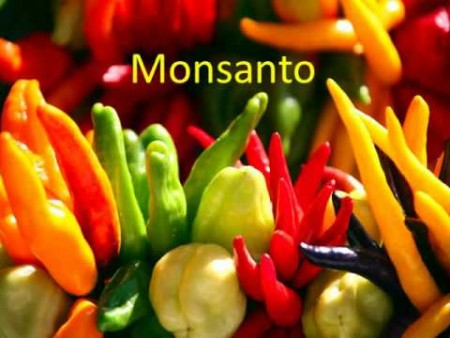August 1, 2015 – The Monsanto patent on Roundup Ready Soybeans has expired after 20 years. That means farmers can now legally collect the seeds from their plantings and use them to replant or even sell to other farmers. And when you consider that 90% of the almost 34 million hectares (approximately 84 million acres) of soybeans planted in the United States come from Monsanto genetically modified (GMO) seeds this is a significant paradigm shift for farmers.
As to be expected Monsanto states they are not concerned because they already have a version 2 of Roundup Ready Soybean seed for sale and a version 3 awaiting regulatory approval. The company’s distributors are selling farmers on the new versions stating that original Roundup Ready seeds produce smaller yields. They are spreading fear and doubt telling farmers that lower yields at rising expenses will lead to the farmers losing money. Monsanto is telling farmers this even if the seeds are free.
The rise of generic GMO is blurring the lines between non-GMO and patent-free GMO alternatives. The Open Source Seed Initiative (OSSI), founded in May 2012 has been organized by plant breeders, farmers and others to create a shared seed exchange. Modeled after the open source software movement, OSSI’s objective is the “unencumbered exchange of plant germplasm.” The definition of open source seed is one that is not restricted by patents or intellectual property rights, and therefore includes patent-expired GMO plants. And if OSSI does for farming what open source has done for software I suspect that Monsanto, Dow, BASF and Bayer will find themselves facing declining revenues in their seed crop product lines. You only have to look at Microsoft’s Windows 10 free roll-out this month as an example of just how disruptive open source has become to that company which used to derive significant revenue from its licensing of new versions of Windows. Now it’s giving it away.
Today a wide range of commercial seed is largely GMO. That includes soybeans, corn, cotton, rice, wheat, canola, sugar beets, papaya, squash, zucchini, alfalfa, potatoes, barley, tobacco, tomatoes, and grapes – just to name a few. Bayer alone holds 206 GMO patents. BASF received 69 GMO patent approvals just in the last three years. But the big kahuna of the GMO world is Monsanto with 1,676 seed, plant and other applicable patents. Today 80% of the corn grown by U.S. farmers is Monsanto. And up until last year 93% of the soybeans were Monsanto.
So when you have so much at stake you can imagine what the agri-chemical companies are prepared to do to remain profitable. In response to open source they have created AgAccord, what they call a way to prepare for the transition as other GMO patents expire not only impacting farmers in the United States, but those around the world who have become their customers.












